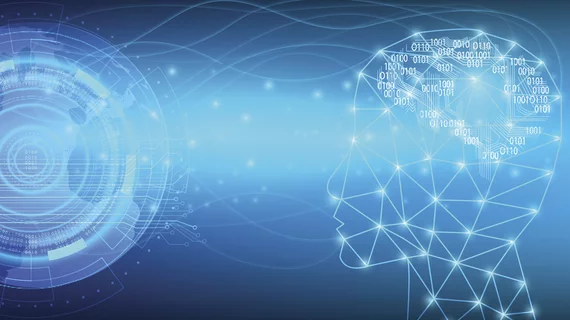AI algorithm predicts glucose levels one hour into the future
Bio Conscious, a Vancouver-based healthcare technology company, has announced that its AI-powered Diabits app can predict blood glucose levels a full hour into the future—and it has the data to prove it.
The company shared the results of a new in-house study that found Diabits could make accurate predictions using simulated continuous glucose monitoring data. A total of 30 virtual patients were assessed, including some with mixed hypoglycemia awareness and others with impaired hypoglycemia awareness. The virtual cohort was also a mix of adult and pediatric patients.
“The ability to accurately predict glucose levels with the Diabits app helps users improve blood sugar management by increasing the time that they have to react,” Amir Hayeri, CEO of Bio Conscious, said in a statement. “This enables proactive management of highs and lows to help them stay within a healthy glucose range for a longer time during the day and ultimately keep them healthier. Additionally, this information could be transmitted to a pump or a smart insulin pen to calculate the precise amount of insulin needed and the optimal time for injection. This can further minimize fluctuations and excursions beyond recommended glucose range.”
Detailed results of this in-house study will be released during the American Diabetes Association’s 80th Scientific Sessions, a five-day virtual event scheduled for June 12-16, 2020.

